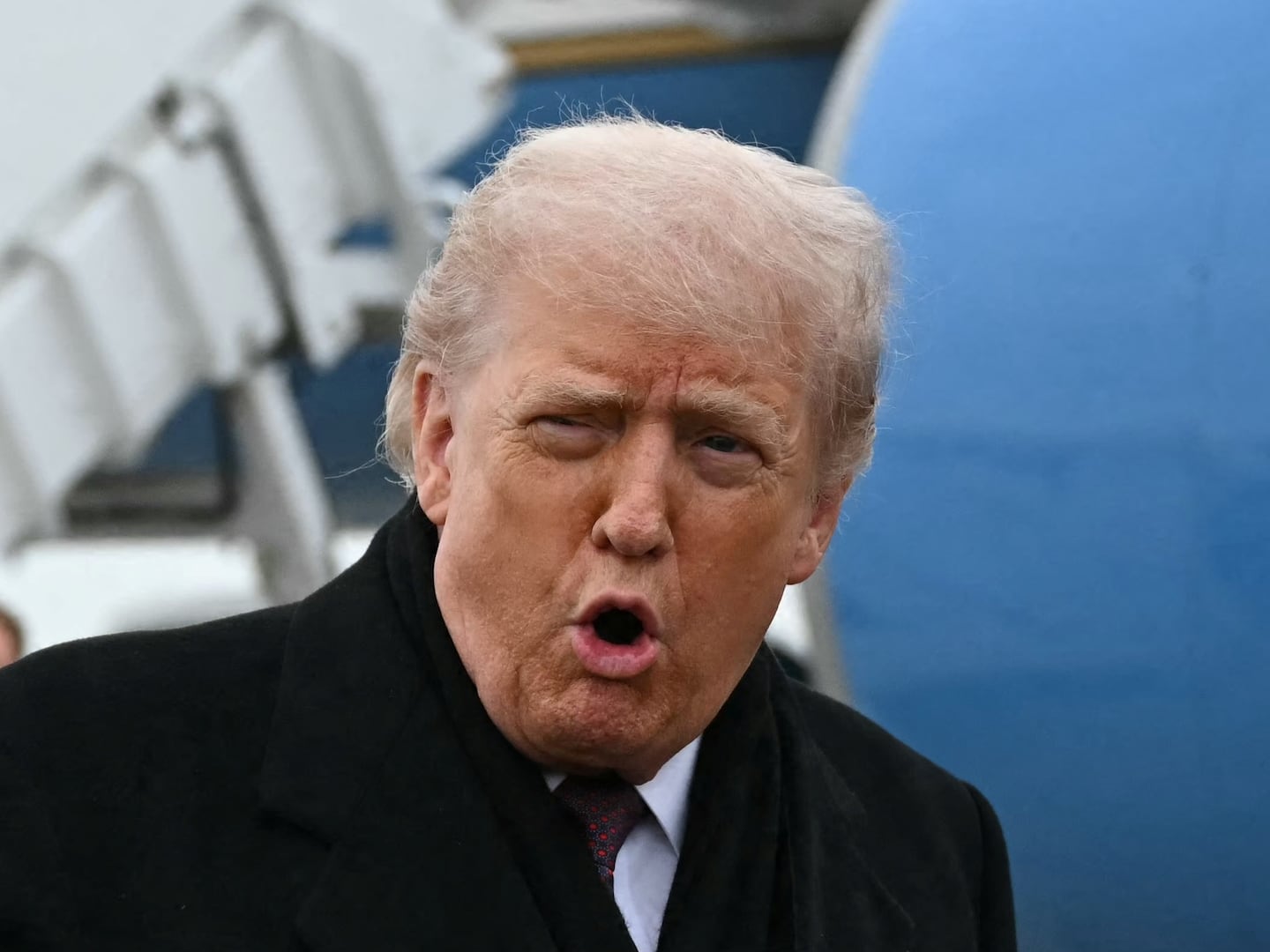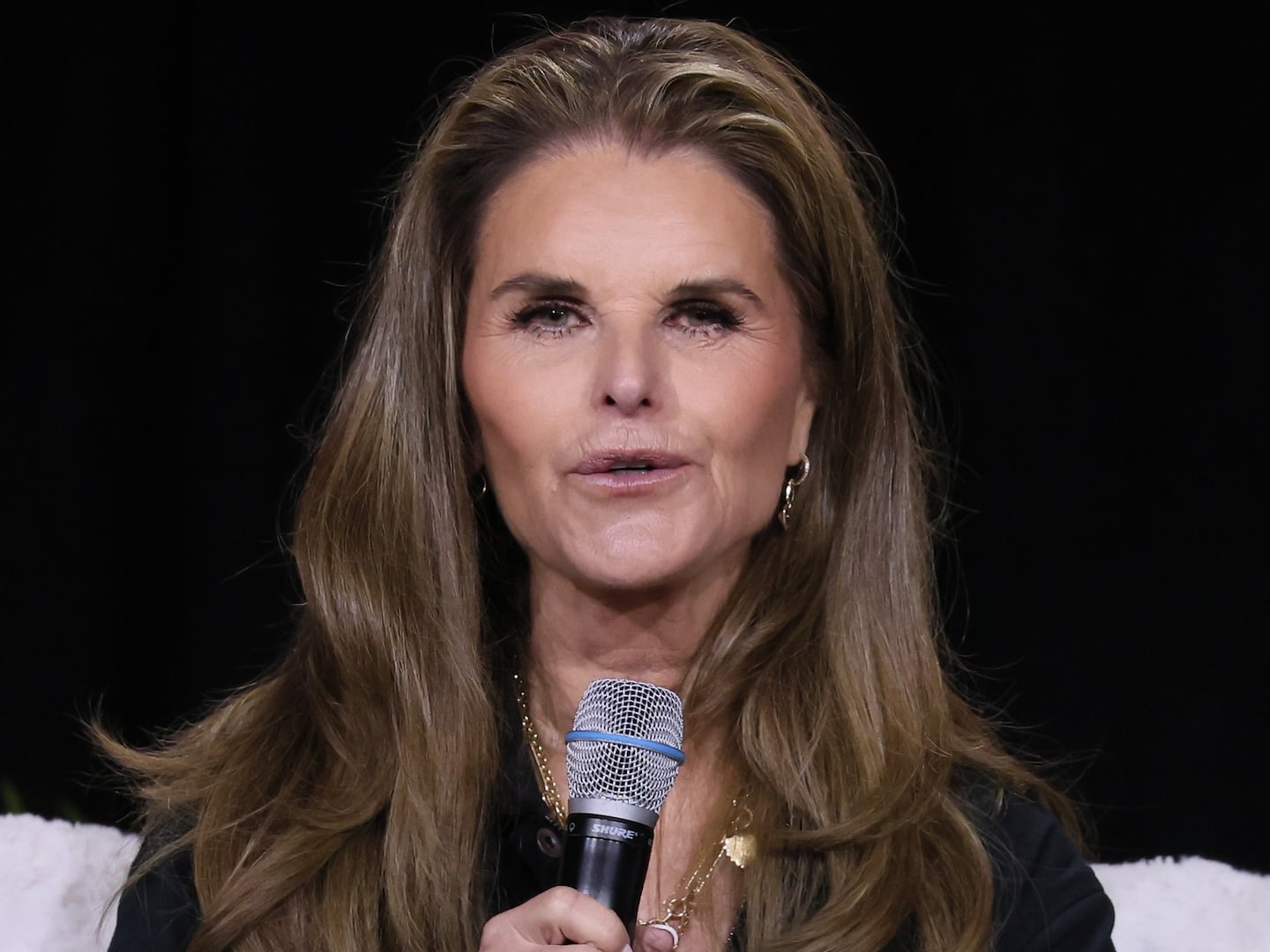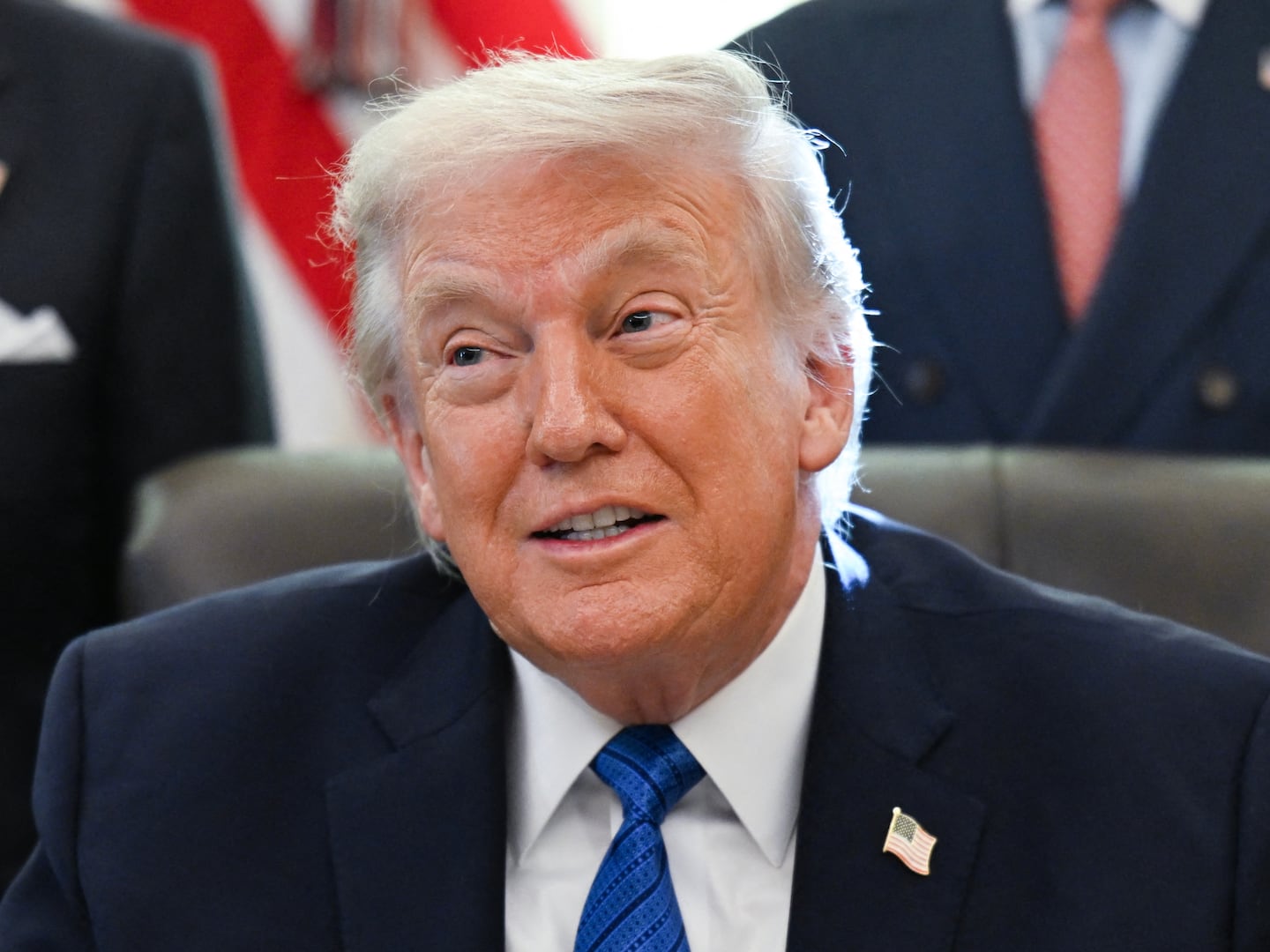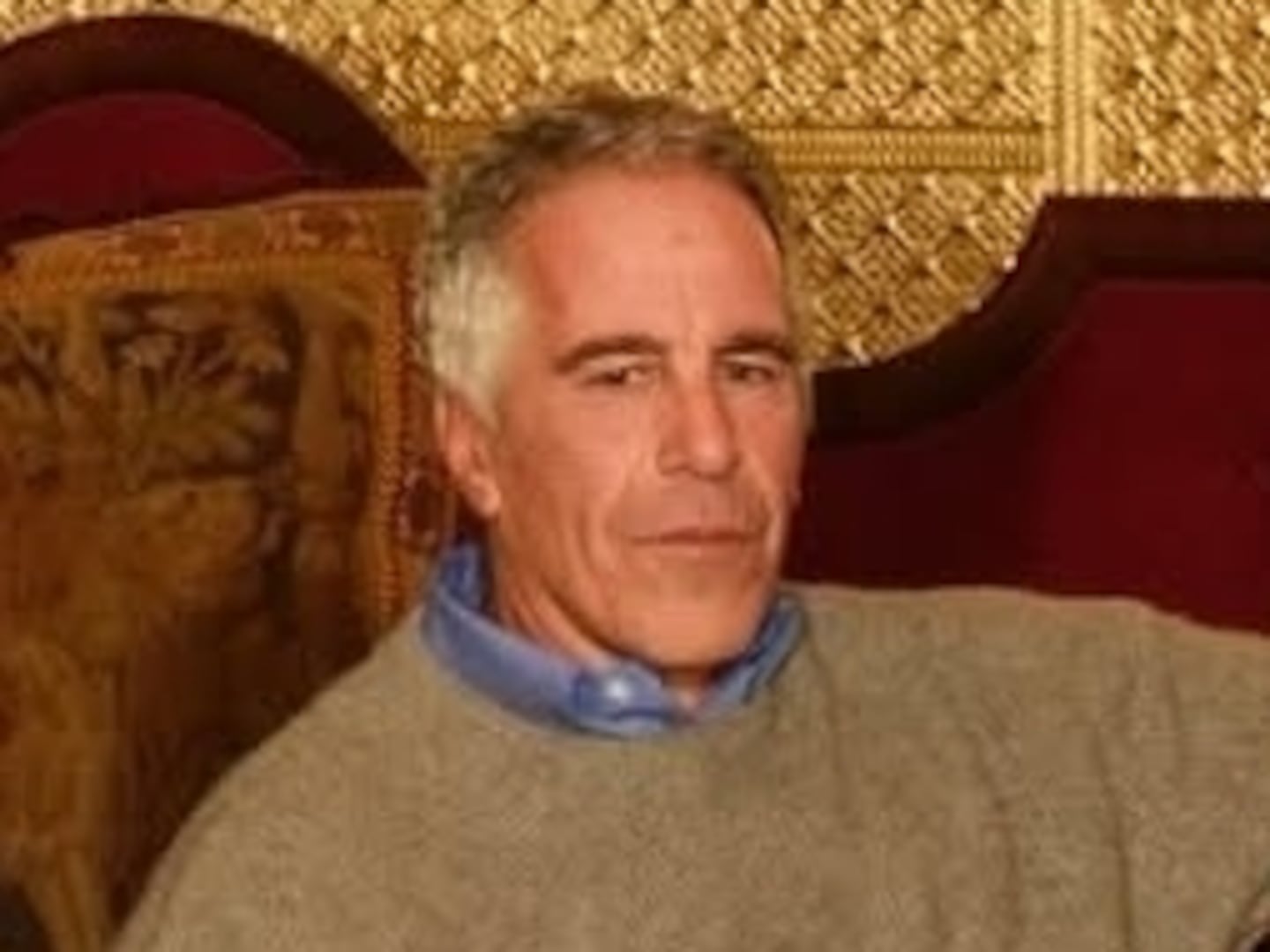What goes through the mind of a school shooter? In the past days, we've all asked that question. The following is one attempt at answer. It was sent to me by a young person living in an East Coast metropolitan area. I am satisfied that the autobiographical facts described are true to the teller's memory and experience. The story is troubling, but important to consider. For reader ease, I have broken the essay into three parts. I am glad to report that the author is now personally stable, a college graduate, and gainfully employed.
This is the third of a three part essay that was submitted by an anonymous young writer.
******
"I wouldn't say a single word to [the Columbine shooters]. I would listen to what they had to say. And that's what no one did."-Marilyn Manson, "Bowling for Columbine"
Probably the absolute best idea to come out of the avalanche of policy prescriptions being put forward after Sandy Hook came from a non-policy expert. I'm talking about a quote attributed falsely to the actor, Morgan Freeman, but that in fact came from a wise, anonymous citizen of the Internet:
You want to know why. This may sound cynical, but here's why. It's because of the way the media reports it. Flip on the news and watch how we treat the Batman theater shooter and the Oregon mall shooter like celebrities. Dylan Klebold and Eric Harris are household names, but do you know the name of a single victim of Columbine?
"Disturbed people who would otherwise just off themselves in their basement see the news and want to top it by doing something worse and going out in a memorable way. Why a grade school? Why children? Because he'll be remembered as a horrible monster instead of a sad nobody. So congratulations, sensationalist media, you’ve just lit the fire for someone to top this and knock off a day care center or maternity ward next.
It's true! And I hope and pray that the media will heed these words. When I was pondering shooting up my school, I rarely thought of doing it out of malice against the other students. The revenge factor would have been an added bonus, but really, what I wanted was for people to agonize over why I'd done it. Then, maybe, they'd see how badly they'd treated me. I'd be a monster, yes, but a monster with a message.
I am convinced that most of those who commit these horrible acts want attention and/or sympathy, or at least acknowledgment. While the choice to pull the trigger lies with the shooter, the incentives to pull are created by society.
We have a love-hate relationship with talent in American society. Certain forms of talent we easily respect: talent at athletics, talent for entertainment. Unfortunately for people like me, intelligence isn't a talent American culture respects. At all. Even our supposedly pro-geek culture today isn't born of love of intelligence, but of love of the money generated by intelligence. Did anyone appreciate Mark Zuckerberg or Steve Jobs before they got rich? The one TV show that deals (insufficiently) with what it's like to be an outcast - Glee - takes care to ensure that all of its protagonists possess a talent that is completely non-academic. It says something that our politicians go to great lengths to portray themselves as regular folk writ large, even when they're demonstrably not, rather than as smart and/or capable leaders. Those who portray themselves (or get portrayed) as capable rather than relatable … lose.
Obviously, the vast majority even of intellectual oddballs never become school shooters. Yet I'd suspect that many more of us are tempted than it's comfortable to contemplate. The very wisest and most mature smart kids will ignore the idiocy of pop and youth culture. Some will retreat to safe spaces like a dog-eared copy of "Atlas Shrugged." In my case, my safe space was my therapist, who was such a solace partially because of his own gifts, and partially because my mother was smart enough to send me to a psychologist rather than a psychiatrist. A psychologist cannot write prescriptions and therefore could not try to medicate my problems away. He actually had to listen and talk me through (and out of) my crazy.
Is it impractical to provide a therapist to every troubled kid? Maybe. But here's a warning. The idea that we should keep guns out of the hands of troubled kids - and only out of the hands of troubled kids - is at least equally impractical. The most dangerous kids are precisely the kids nobody is paying much attention to. And we're clever, which means we're good at circumventing rules, especially if the rules are easy to circumvent in the fist place.
I'm not taking a stand for or against gun control. People like the boy I was are outliers, and by definition, society doesn't write its rules on the basis of the needs of outliers. All I'm saying is - whatever your views on guns - try for a moment to imagine yourself an angry, mentally unstable child. You feel you have a choice caught between lacking a meaningful human connection forever - or else dying in a fearsome blaze of glory. Glory? Really? Yes, really. Just Google the names Seung-hui Cho, Harris and Klebold, James Holmes and, probably Adam Lanza soon, with the word "shrine" after it and see what you come up with. Now imagine a friendless, frightened, mentally unstable young person who has trouble with empathy looking for a solution to their pain finding one of those shrines and imagining one in their name.
I don't think you can avoid this copy cat effect entirely, but someone needs to call out the hypocrisy of a media that performs public autopsies on shooters' psyches for the sake of hand wringing, and yet still covers these kinds of people like they're dangerous animals instead of deeply damaged human beings. Everyone always wonders what the shooters were thinking before they pulled the trigger. I humbly submit that if those kids sent an essay on their feelings to any media outlet before they pulled the trigger, that outlet would refuse to print them for fear of accidentally frightening their readers.
If this series has conveyed anything, I hope it's that there is an Option C, for troubled young people, for the parents who love them, and for the society that otherwise thinks about the odd and the unlikeable only when it gathers to grieve for the damage they have done. I did my first part by fighting the devils in my own head. I would think that fight was even more worthwhile if I could now find a way to communicate to others how to win victories of their own.





